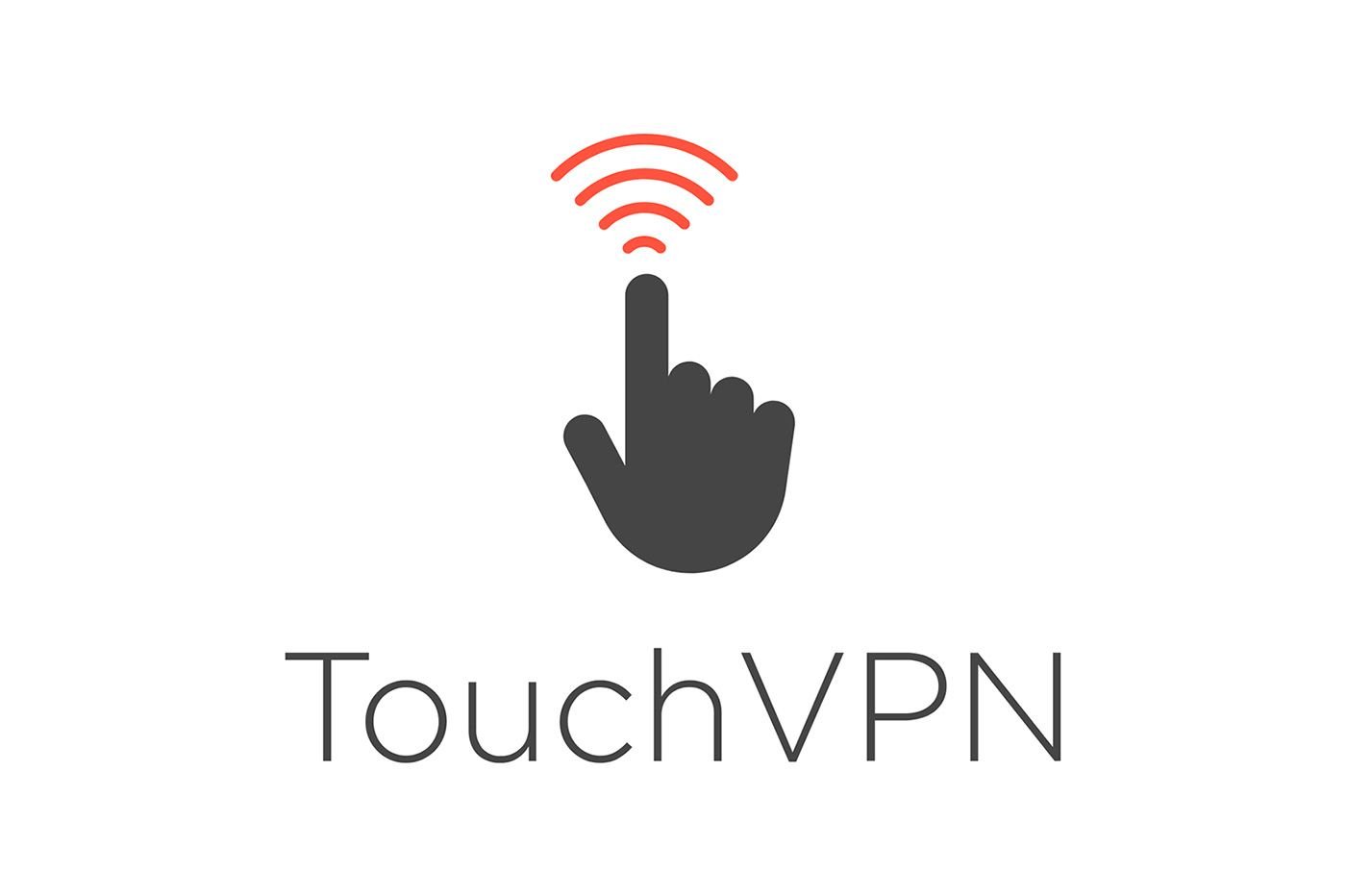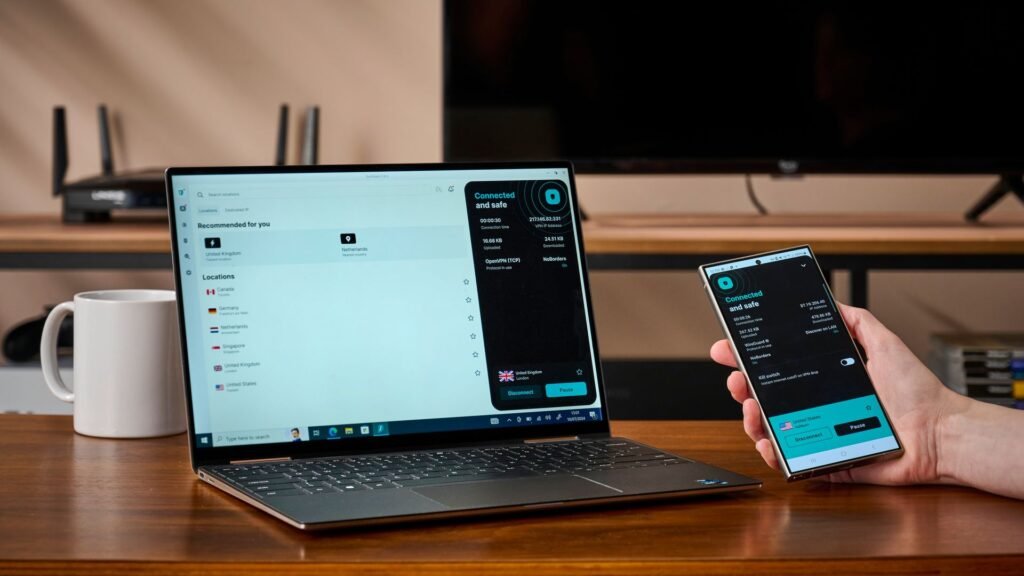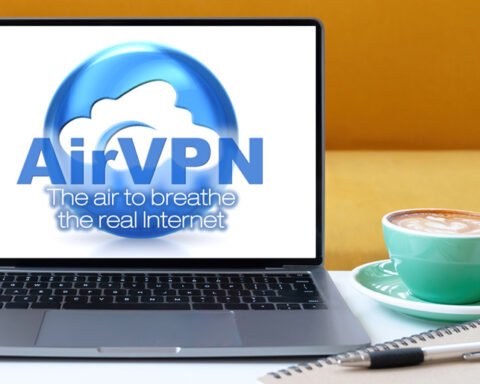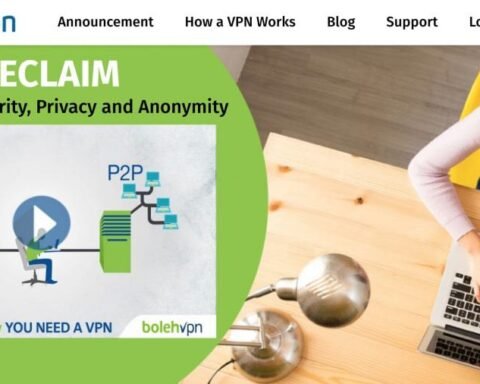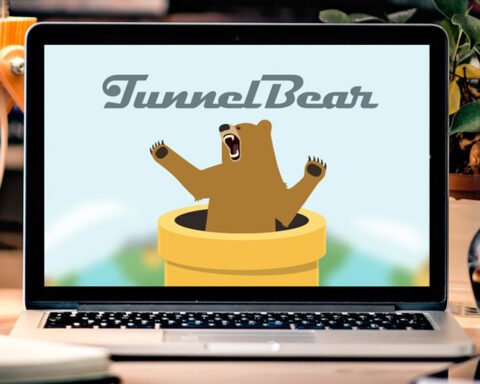Touch VPN markets itself as a free, unlimited VPN that’s easy to use with just one tap. It’s available across platforms and boasts over 10 million installs on Android alone. But while it may seem like a dream come true for budget users, its approach to privacy and data handling raises several red flags.
Having tested Touch VPN extensively in 2025, I found it convenient for casual browsing — but it’s not a trustworthy choice for users who care about anonymity or data protection.
Quick Summary: Touch VPN at a Glance
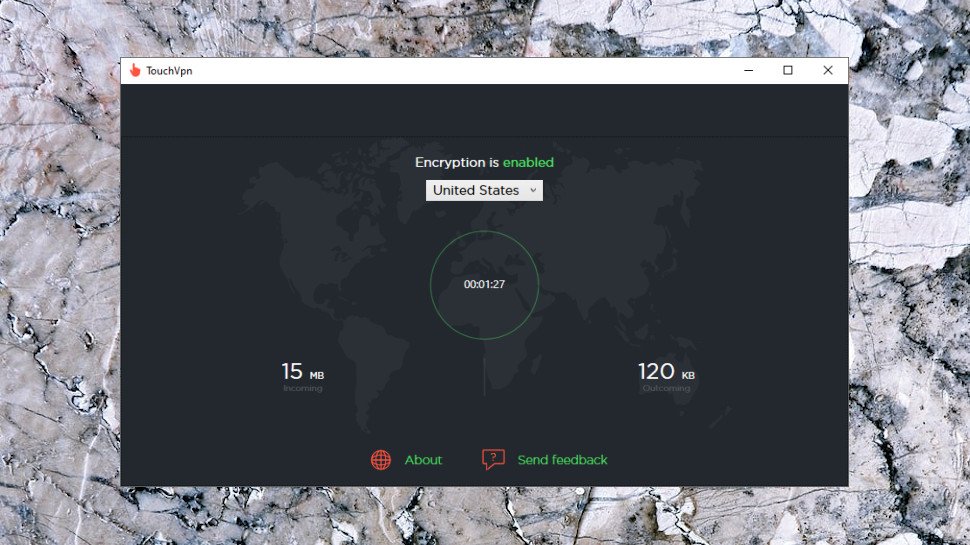
What I Like:
- Free to use with no data caps
- Extremely simple UI, beginner-friendly
- Works on all major platforms
- Good speed for casual tasks
- Chrome and Firefox extensions available
What I Don’t Like:
- Logs user data and shares it with third parties
- Owned by an ad-tech-focused parent company (Aura)
- No kill switch, DNS leak protection, or advanced features
- Apps are closed-source and haven’t been independently audited
- History of embedding trackers in its software
Touch VPN delivers free access — but at the expense of privacy.
Privacy & Security: Serious Weaknesses
Touch VPN’s privacy practices fall short of the standards expected in 2025. Its privacy policy makes it clear: your data is collected, stored, and often shared.
Logging Policy
Touch VPN clearly states it collects:
- IP addresses
- Device identifiers
- Browser type, OS version
- Approximate location
- Session lengths and timestamps
Worse, this information may be shared with:
- Advertising networks
- Affiliates and partners
- Analytics platforms
This makes Touch VPN unsuitable for privacy-conscious users, journalists, or anyone needing real anonymity.
Encryption & Protocols
- Uses generic SSL-based VPN encryption (likely based on outdated protocols)
- No support for modern, efficient protocols like WireGuard
- No ability to switch protocols or view connection details
- No kill switch or IP leak protection features
Despite calling itself a VPN, Touch VPN behaves more like a glorified proxy with encryption.
Features & Functionality: Minimalist but Limited
Touch VPN keeps things dead simple — and while that may help beginners, it strips out almost every advanced feature you’d expect in 2025.
What You Get (Free Plan):
- Server selection across ~30 countries
- Unlimited bandwidth (with caveats)
- One-click connect
- Available on desktop, mobile, and browser extensions
What You Don’t Get:
- No kill switch
- No DNS or WebRTC leak protection
- No multi-hop, split tunneling, or stealth features
- No advanced configuration options
Even the paid version offers no significant privacy improvements — just a more stable experience and (allegedly) faster speeds.
User Experience: Streamlined but Shallow
The biggest strength of Touch VPN is how easy it is to use. There’s no setup, no learning curve, and no registration required. You can connect with a single tap and forget it’s running.
What Works Well:
- Clean, intuitive interface
- Quick server selection
- Fast connections for general browsing
- Minimalist browser extensions
Where It Falls Short:
- No feedback on connection strength or encryption type
- Inconsistent server reliability during peak times
- Apps feel like ad-delivery vehicles more than privacy tools
Touch VPN is easy to use — but too easy to trust.
Pricing & Payment Options: Free, But You Pay with Data
Touch VPN proudly advertises itself as “100% free,” and for many users, that’s the main draw. However, the monetization model relies on ad revenue and analytics, which comes at the expense of your privacy.
Free Version:
- Unlimited data (though speeds may throttle)
- No account required
- Displays ads in the app
- Basic access to global servers
This might sound generous, but “free” means Touch VPN monetizes you in other ways — primarily by collecting and sharing your browsing metadata.
Premium Version (via Hotspot Shield subscription):
Touch VPN is part of the Aura network, and its premium tier redirects users to subscribe through Hotspot Shield. Plans include:
| Plan | Price |
|---|---|
| Monthly | $12.99/month |
| Annual | $7.99/month ($95.88/year) |
| Family Plan | $19.99/month (5 users) |
While the Premium version removes ads and may offer faster speeds, it doesn’t come with added transparency or independently verified privacy guarantees.
Payment Methods:
- Credit/debit card
- Apple Pay / Google Play
- ❌ No cryptocurrency or anonymous payments
Overall, the lack of anonymous payment options or clear boundaries between free and premium privacy practices is a red flag.
Streaming, Torrenting & Censorship: Lacking in All Areas
Streaming: Hit-or-Miss (Mostly Miss)
Touch VPN struggles with unblocking popular streaming services. While it may sometimes work with YouTube or regionally unrestricted content, in our testing it failed with:
- ❌ Netflix
- ❌ BBC iPlayer
- ❌ Hulu
- ❌ Disney+
- ✅ YouTube (low-restriction regions only)
There are no specialized streaming servers, and the free version often runs on overcrowded IPs already blacklisted by streaming platforms.
Torrenting: Not Supported
Touch VPN does not advertise support for torrenting, and there are no safeguards in place for peer-to-peer traffic:
- No kill switch
- No P2P-optimized servers
- Vague terms that discourage file-sharing
If you’re looking for a VPN for torrenting, this is not the one.
Censorship: Inadequate for High-Risk Regions
Touch VPN lacks:
- Stealth mode or obfuscation features
- Anti-DPI (deep packet inspection) tools
- Proven track record in bypassing firewalls in places like China, UAE, or Iran
This makes it unsuitable for journalists, activists, or travelers in censor-heavy countries.
Who Touch VPN is Best For
Might Be OK For:
- Beginners who need quick VPN access for casual use
- Users looking to bypass geo-blocks for low-stakes tasks (e.g., basic websites)
- Students trying to access social media or content from school Wi-Fi
Not Recommended For:
- Privacy advocates or anyone seeking a no-logs VPN
- Journalists, whistleblowers, or researchers
- Torrenters or serious streamers
- Users in high-censorship environments
- Anyone wanting encryption transparency or open-source software
If your threat model includes ISP tracking, government surveillance, or data profiling, Touch VPN simply doesn’t offer the protection you need.
Transparency & Ethics: Clouded by Commercial Interests
Touch VPN’s lack of transparency and ownership under Aura — a company known for acquiring and monetizing VPN services — casts serious doubt on its ethical standing.
Logging Practices
Despite advertising as a privacy tool, Touch VPN collects:
- IP addresses (both yours and the server’s)
- Device type and identifiers
- Browser type and usage behavior
- Session times and geolocation data
This information is often shared with third-party advertisers, and there is no verified no-logs claim or audit to dispute that.
No Security Audits, No Open Source Code
- Apps are closed-source
- No independent audits conducted
- No bug bounty or transparency initiatives
- No published warrant canary or transparency report
Essentially, you have to trust Touch VPN’s word — and given its business model, that’s not enough for any privacy-conscious user.
Final Verdict: Touch VPN Is Fast, Free — But Fundamentally Flawed
Touch VPN is easy to install, simple to use, and doesn’t cost a cent — but when it comes to privacy, you pay heavily in the background. The app is part of a broader ecosystem of monetized VPNs owned by ad-tech firms, and that’s reflected in its vague privacy policies, lack of security audits, and metadata logging.
After testing it thoroughly in 2025, I wouldn’t recommend Touch VPN for anything beyond casual web browsing. It’s not secure enough for journalists, activists, or privacy-conscious users — and certainly not trustworthy enough for torrenting or bypassing censorship.
Final Score: 4.5/10 — Convenient and free, but lacking the transparency, security, and ethics required in a real VPN service.
Better Alternatives to Touch VPN in 2025
Looking for a more private, reliable VPN? Here are top alternatives that actually respect your data and don’t use you as the product:
Proton VPN – Best Free VPN for Privacy
- Based in Switzerland with audited no-logs policy
- Free version available with no ads or tracking
- Fully open-source with strong security protocols
Mullvad VPN – Best for Anonymity & Transparency
- No email or personal info required to sign up
- Open-source apps and published audits
- Flat pricing and no marketing fluff
Windscribe – Generous Free Plan + Power Features
- Free 10GB/month with robust privacy controls
- Built-in ad blocker and firewall
- Transparent infrastructure and logs nothing meaningful
Also Consider:
- IVPN – Small, ethical provider with a focus on minimal logging and transparency
- TunnelBear – Great user experience and annual third-party audits
- Perfect Privacy – More technical but superb for power users
Each of these providers offers meaningful privacy protections, unlike Touch VPN, which trades on its free status while offering little in the way of actual security.
FAQs: Touch VPN in 2025
Is Touch VPN safe to use?
It’s safe in the sense that it encrypts traffic, but not private. It collects user data, doesn’t publish audits, and is tied to an ad-focused parent company.
Is Touch VPN really free?
Yes — but the cost is your personal data. The app monetizes via ads and analytics, which undermines the idea of “free” from a privacy standpoint.
Can Touch VPN unblock Netflix or Hulu?
No. It consistently fails to bypass geo-restrictions on major streaming platforms. YouTube may work, but that’s about it.
Does Touch VPN keep logs?
Yes. It logs a range of metadata including IP addresses, device data, and browsing timestamps. None of this is ideal for serious users.
What’s a better free VPN than Touch VPN?
Proton VPN is the most private free VPN in 2025, followed by Windscribe and TunnelBear for user-friendliness and transparency.

